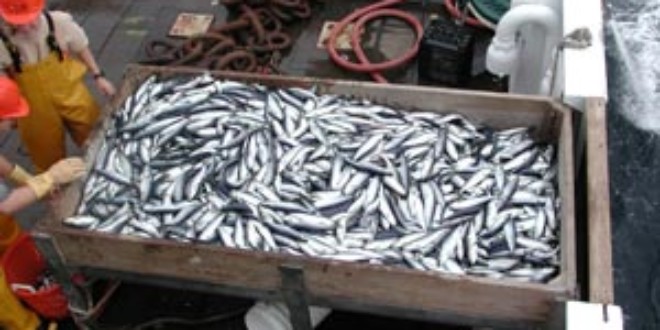Eating fish is good for us, but catching it in the way we do devastates the sea. Nearly nine tenths of European stocks are overfished, and around a third are beyond safe biological limits: that is, the adult population is too depleted to provide replacement stock. Almost all cod caught in the North Sea have not had a chance to breed. Bottom dredging trawlers rip up everything in their path. The south Pacific and American coastal waters have almost been fished out. West African fishing communities are being forced from the water by the industrial fishing fleets of Europe. Russian and Asian fishing fleets greedily scoop the fish from the Pacific. On the latest estimates, around a third of the world”s oceans need to be closed to fishing, perhaps forever, to regenerate stocks.
According to Charles Clover, whose film The End of the Line is released today with the ambition of creating the momentum for reform, it is a moment that compares with the launch of the organic movement 50 years ago to fight the threat of the “silent spring”.
Those who believe that the lost wild fish can be replaced by farmed ones are on shaky ground. Most farmed fish are carnivorous. They need food derived from tiny creatures such as sand eels or crill, which require the same kind of positive management that is already lacking from primary fishing grounds. The answer, on the current science, has to be to protect wild stocks and ensure that all fish landed come from sustainable grounds. That means traceability and enforcement. It means smaller fishing fleets, local controls, and extensive marine conservation areas where there would be no fishing at all. Protection has been pioneered in the north Atlantic and parts of the south Pacific. Recovery of stocks is remarkably quick. Until now, though, the European fishing industry has had the deciding vote at the top table. Unless that changes, there will soon be no need for policies, because there will be no fish.
{youtubejw}bedirwk95Oc{/youtubejw}
(From guardian.co.uk)
 Ocean Sentry
Ocean Sentry




